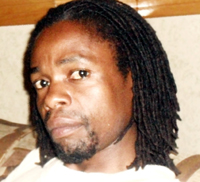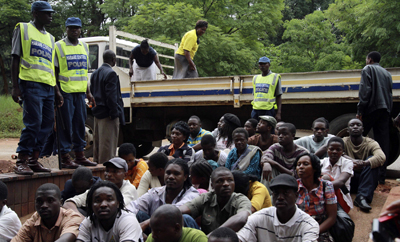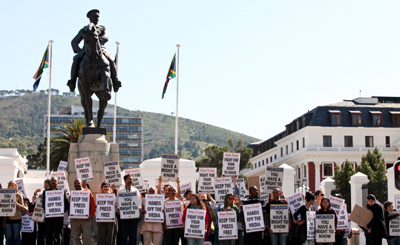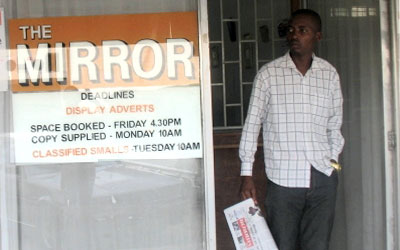Shehnilla Mohamed/CPJ Africa Staff
Shehnilla Mohamed, a freelance journalist based in Johannesburg, is CPJ's southern Africa correspondent.

For Zimbabwean journalist Saize, the absurd is routine
For 37-year-old Zimbabwean freelance journalist Sydney Saize, left, enduring arrest and assault has become absurdly routine–and the circumstances routinely absurd. Take his most recent detention, in February. Saize was reporting on a mundane criminal case in Mutare, capital of the diamond-rich Manicaland province, when the story suddenly turned dramatic.

Zimbabwe charges 45 with treason for viewing Egypt footage
The right to receive and impart information is a fundamental human right enshrined in the United Nations’ Universal Declaration of Human Rights, but in Zimbabwe, watching news of North African and Middle East protests apparently amounts to treason.

Mauritius no heaven for news media
American author Mark Twain once quoted a Mauritian as saying that heaven was copied after this Indian Ocean island paradise. Mauritius is cited today as one of the few havens of press freedom in Africa, but for Raj Meetarbhan, left, editor-in-chief of the island’s largest newspaper L’Express, the country is fast losing its glow.Meetarbhan was…

South Africa resumes debate on secrecy bill
Parliamentary hearings on South Africa’s Protection of Information Bill resumed last week with heated debate over provisions threatening to restrict press freedom and access to information. For journalists, much uncertainty remains over the final product and when it will be completed.
